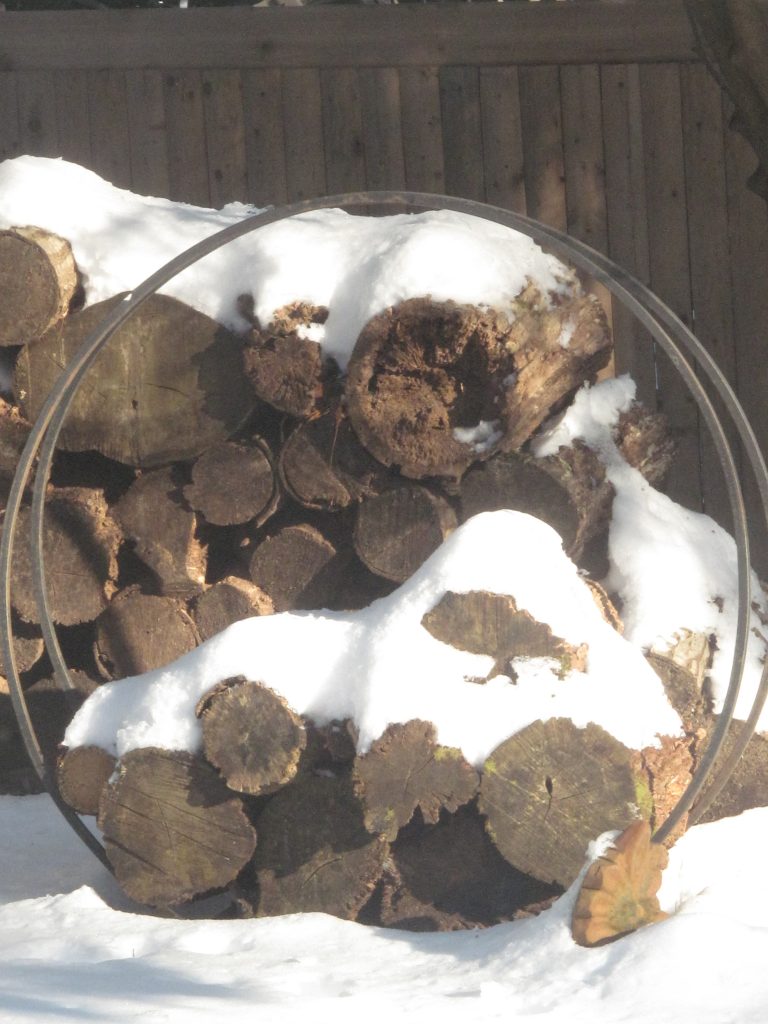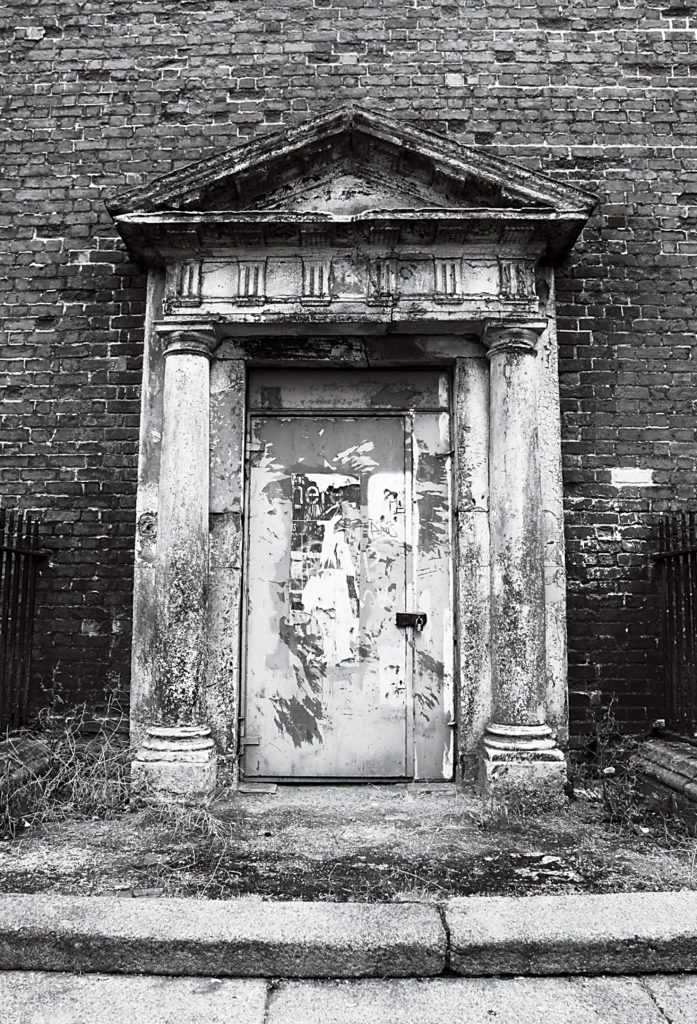
Sunday, October 17
When does a piece of writing become interestingly historical—and when is it annoyingly quaint? Perhaps that’s the same question as one once posed by John Banville: When does the past truly become the past?
“How much time must elapse before what merely happened begins to give off the mysterious, numinous glow that is the mark of true pastness?” Banville asks in his Time Pieces: A Dublin Memoir. “Let us say, the present is where we live, while the past is where we dream.”
Sitting on some shelf around here, unread, there’s a copy of Jonathan Franzen’s 2001 book The Corrections, and I’ve considered giving it a go. But today’s Times review of Franzen’s new book, Crossroads, has persuaded me that the older book has not aged well. Reviewer Thomas Mallon speaks of The Corrections’ “mosaic of a still-twin-towered world, gluing in all of its diskettes and antennaed cellphones.”
Cringe. I didn’t like that period when we lived through it—with its “greed is good” mantra and all that celebrating of the rich and combat-ready. So I have little wish to revisit it now.
All the same, I do enjoy reading old bits of prose that evoke periods of yore. Recently, for example, I read Joseph Conrad’s astonishing short story “Youth.” That 1898 tale begins with a group of English gentlemen sitting around a mahogany table, sharing glasses of wine as “Marlowe,” now an accomplished lawyer, tells a hair-raising story of his disaster-prone first sea voyage, back when he was 20 years of age.
Marlowe had signed on aboard the Judea—about 400 tons, laid up in dry dock for a long period and consequently “all rust, dust, grime—soot aloft, dirt on deck.” But the ship is bound for that land of enchantment—Bangkok!
A gale hits before they can get well out to sea, and they spend 16 days just reaching Newcastle. Soon, they smash into a steamer—meaning another three weeks’ delay. Then finally underway, they fall victim to another gale, blowing “with spite, without interval, without mercy, without rest. The world was nothing but an immensity of great foaming waves rushing at us….”
Amid the tumult of the cruel ocean, Judea‘s crew mans the pumps—all day, all night, all the week. “We turned those handles, and had the eyes of idiots.” (After several days of unheroic but taxing physical labor around here, I can certainly relate; your brain begins reeling and it’s all you can do to stare vacantly into space. More on this later.) “It seemed to last for months, for years, for all eternity….”
And yet “there was somewhere in me the thought: By Jove! this is the deuce of an adventure—something you read about….I would not have given up the experience for worlds.”
They were still not out of England. Six months have elapsed, a third crew has been recruited, and small boys laugh at their plight. Back in London, the underwriters and the owner consider scuttling the whole venture.
Well, many more disasters await the Judea—until its cargo of coal finally catches alight and explodes.
“Youth” could perhaps have been made into a classic film by one of the silent-screen comedic geniuses—or even by French new wave master Claude Chabrol, whose specialty, a critic once said, was slapstick tragedy. Conrad’s writing is as visual, rousing, frustrating, and frightening as any movie masterpiece.
You take your thrills where you can get them. I, meanwhile, have spent several days washing the filthy, pollen-encrusted windows of this house. So far, I have cleansed 20 mullioned windows and three glass-paned doors. Eight large windows remain…but they may receive no more than a lick and a promise, as my mother often said. My shoulders and hands ache and my mind has all but collapsed. Bring on the entertainment!
Tonight’s dinner: wine-braised chicken with artichoke hearts, couscous, and a green salad.
Entertainment: Hulu’s courtroom drama Silk.


